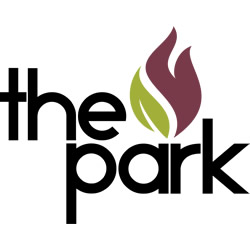Hello, Church Family. We are entering week two of a focus on gratitude here at The Park. We are a grateful people, who realize that in our society, gratitude takes work. It is easy to be lulled into a feeling of smug entitlement, and look down on people. As believers in Christ, we must continually resist the ways of this world and appreciate the little things, and understand that money cannot buy everything.
Below is a continuation of the article from “Psychology Today” on the benefits of gratitude.
Your Pastor,
Dr. Sheron C. Patterson
Gratitude enhances empathy and reduces aggression. Grateful people are more likely to behave in a prosocial manner, even when other behave less kindly, according to a study by the University of Kentucky. Study participants who ranked higher on gratitude scales were less likely to retaliate against others, even when given negative feedback. They experienced more sensitivity and empathy toward other people and a decreased desire to seek revenge.
Gratitude people sleep better. Writing in a gratitude journal improves sleep, according to a study published in Applied Psychology: Health and Well-Being. Spend just 15 minutes jotting down a few grateful sentiments before bed, and you may sleep better and longer.
Gratitude improves self-esteem. A study published in the Journal of Applied Sport Psychology found that gratitude increased athletes’ self-esteem, an essential component to optimal performance. Other studies have shown that gratitude reduces social comparisons. Rather than becoming resentful toward people who have more money or better jobs — a major factor in reduced self-esteem — grateful people are able to appreciate other people’s accomplishments.
Gratitude increases mental strength. For years, research has shown gratitude not only reduces stress, but it may also play a major role in overcoming trauma. A study published in Behavior Research and Therapy found that Vietnam War veterans with higher levels of gratitude experienced lower rates of post-traumatic stress disorder. A study published in the Journal of Personality and Social Psychology found that gratitude was a major contributor to resilience following the terrorist attacks on September 11. Recognizing all that you have to be thankful for — even during the worst times — fosters resilience.

